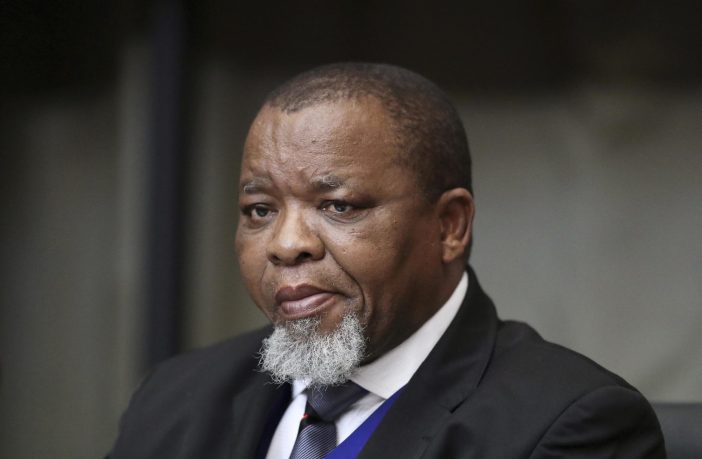- South Africa’s Minister of Mineral Resources and Energy, Mr Gwede Mantashe, has granted a three-year extension on the mandatory display of energy performance certificates (EPC’s) on buildings in South Africa.
- Accounting Officers and building owners were required to display and submit EPCs by 7 December, 2022, or risk a fine of R5 million, five years imprisonment or both.
- Only 450 certificates have been issued to date, a fraction out of 250,000 to 350,000 buildings that still need to ensure they are compliant.
The requirement for an Energy Performance Certificate (EPC) was gazetted in December 2020. The Regulations effectively make it a requirement for buildings under four categories to secure an EPC, which rates how energy efficient a building is and benchmarks the building’s performance against the National Building Regulations.
Buildings that require the energy performance certification include entertainment and assembly, theatrical and indoor sport, places of instruction and offices. The criteria for compliance includes any building larger than 2,000 square metres for privately- owned buildings or 1,000 square metres if the building is state-owned. Examples include office blocks, entertainment facilities, educational institution buildings and places of assembly such as sporting facilities and community centres. The building must also not have undergone any major renovations in the last two years.
The certificate, which must be prominently displayed in the foyer of a building, reflects a rating based on the energy consumed per square metre. An EPC rating is from A to G – with A being the most efficient and G being the least.
On Friday, Mantashe gazetted amendments to the regulations, extending the deadline to display the certificates to 7 December 2025. Included in the amendments is the requirement that building owners must register the type and size of a building and its energy performance within 12 months with the South African National Energy Development Institute (SANEDI), which maintains a certificate register on behalf of the Department of Mineral Resources and Energy.
SANEDI estimates that only 450 buildings had energy performance certificates out of a possible 250 000 to 350 000.
Author: Bryan Groenendaal















